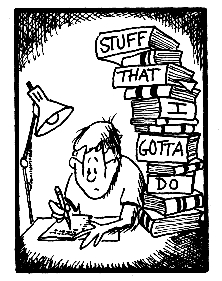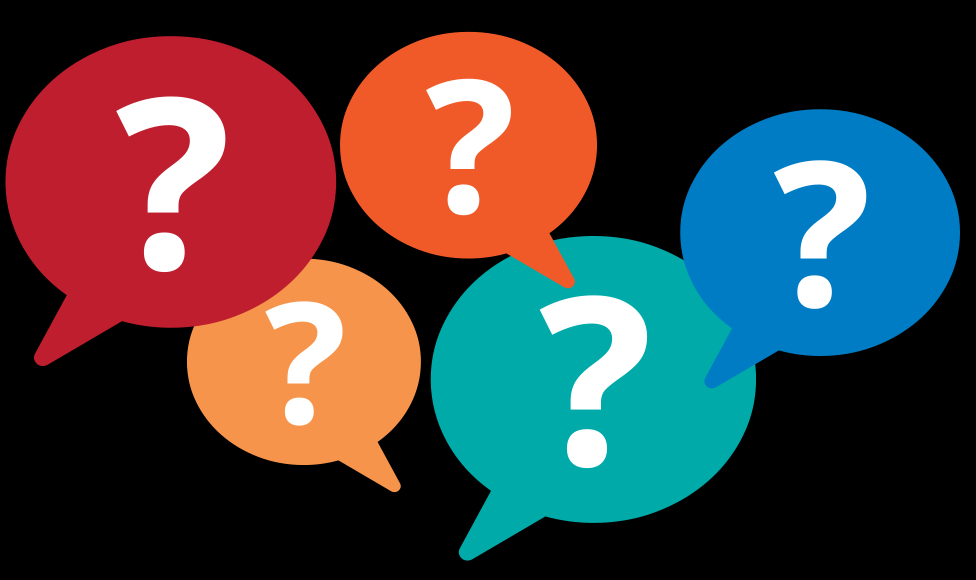
The questions in the NIFT CAT Exam are based on the exam pattern prescribed by them. The test pattern for the Creative Ability Test is given below.
Test type: The CAT is a pencil-and-paper-based exam.
Duration: 3 hours
Skills evaluated: Intuition skill, power of observation, innovation in the development of a concept as well as design ability of the candidate. It will also test the creative as well as innovative use of color and illustration skills of aspirants.
NIFT CAT 2019 Question Paper for BDes:
Q1. Visualise and draw any one of the following, as they would be in the year 2050. Colour the product using dry colours.
(i) Umbrella
(ii) Door Lock
(iii) Lunch box
Q2. Using the following shapes, that is, Circle, rectangle, Hexagon, Tear drop & Triangle, compose any one of the following: (a) Personal Computer (b) Wind Chime (c) Letter Box”. Accompany it with a write up of 100 words.
Q3. Depict the process on any one of the following in four frames.
(i) Budding & blooming of the Rose flower
(ii) A Shirt on a clothing line from wet to dry
(iii) A bird taking flight from ground to sky
NIFT CAT 2019 Question Paper for MDes
Q1. Write an essay on the process of writing with pen and paper as compared to typing on laptop in context of which one do you prefer.
Q2. Share your experience of being blind folded for a day and listing five difficulties you faced with greater details about the most uncomfortable difficulty.
Q3. Design spectacles for:
Traffic police
School kids
Sports person and
Public transport passenger
There are certain samples of the CAT Exam of NIFT. Hope this helps. :)

Exams are administered by NIFT in two cycles. The GAT and CAT papers make up the first round.
The GAT, or general aptitude test, covers subjects including logic, general knowledge, comprehension of spoken and written English, and more.
The CAT, or creative aptitude exam, is a significant paper that evaluates students' creative abilities by asking them questions about areas like design ability, illustration skill, observational ability, inventiveness, and imaginative use of colour, among others.
After passing the first round, candidates move on to the Situation Test, which is the second phase.
This exam covers subjects like:
conceptualization abilities, space visualisation, colour scheme, novel concepts, element composition, inventive and imaginative use of provided materials, aesthetic appeal, building ability, overall presentation of models, and model fitness,